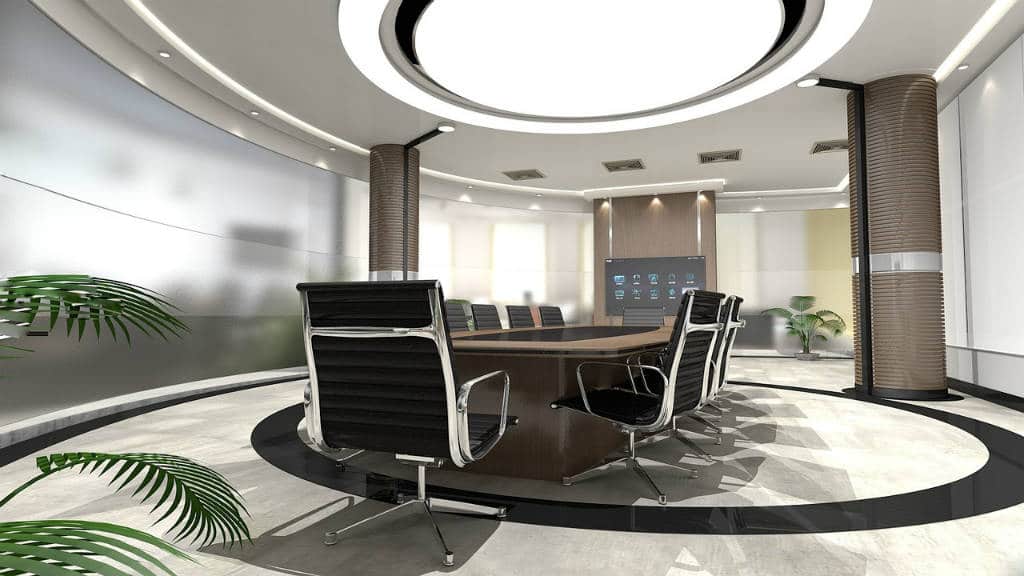Learn about best practices your agency can adopt to improve and increase your revenue.
A recruitment agency can’t expect to grow if it’s still conducting business in the same way it did ten or even five years ago. Technology has changed a great deal and so has best practice. By employing best practice an agency stays competitive, relevant and reduces the chance of staff making mistakes. Here are seven areas of best practice you should consider in your agency.
Systems and Processes
Recruitment is one industry that has clear steps in a process that are repeated for each selection. Therefore it is the perfect industry to have policies and procedures. Clients expect that their position will be filled by agency staff completing the right steps in the right order.
One poor selection that gains media or industry attention because a recruiter skimped on the procedures can destroy an agency’s reputation.
Dusty out of date paper manuals have moved aside for electronic manuals. Agency staff having ready access to up to date systems and procedures ensures the agency runs as it should. Parts of the electronic document can be turned on and off giving access to the parts of the document they need. An intranet, software program or Google Site that gives an agency the ability to use a number of mediums within the program such as video, charts, audio, maps and links is ideal for an online policy and procedures storage system.
Training and Support
With the introduction of more technology into agencies now it is even more imperative that staff are adequately trained.
Agencies expect that clients will provide external training opportunities to staff to ensure skills are kept up to date and staff feel engaged and valued. Training opportunities should also be provided to staff in recruitment agencies to ensure they are keeping up to date with technology, software and best practice in the industry.
An agency also has a responsibility to provide in house induction and training for new staff. Much of this can be completed via the intranet to save time and the risk of Chinese whispers from other staff training incorrectly or passing on their bad habits. Spending a small percentage of the annual payroll will ensure agency staff are able to use the most the programs they use in their everyday work.
Knowing your Clients
Years ago recruitment agents were more likely to be all things to all clients. Recruitment was recruitment no matter who the client was. But that’s no longer the case. Agencies are more included to specialise and target industries or niches.
Clients have come to expect their recruitment agent will know all the ins and outs of their industry.
Recruitment agencies keep in touch with their industry by attending seminars, trade shows, conferences and networking events for their industry. Reading trade journals, magazines, newsletters and papers also help agents stay in touch.
Tools
It’s not just for time-saving or cost reduction that agencies make use of software and tools. Recruitment software is a must for an agency to stay competitive. A basic CRM is no longer considered best practice for an agency. Tools such as eBoss are powerful programs that hold a large amount of searchable data on prospects, candidates and clients in the one place. Prospect candidates can be sourced through a range of social media channels such as LinkedIn, Facebook and Twitter. Without the ability to do these tasks now an agency can’t be expected to be considered best practice in the fast-changing industry of recruitment.
Time
The same amount of time might be spent on filling a role but it’s what an agent does during the time that counts. Automation saves time on the areas of the practice that can be automated and more time spent on the areas that matter. To be competitive and to achieve the best results for clients, agencies need to spend time on tasks that provide the greatest return on investment. Sifting through hundreds of resumes during the first round by hand will take an agent hours. That time could be invested further down the line of the recruitment process ensuring the chosen candidate really does best meet the needs of the client.
Communications with Candidates
Using new technology and tools agencies now have available to them, recruiters are able to engage with candidates on a far higher level than previous. Communications can also be recorded for future reference to provide continuity despite a change-over in agents. Receipt of applications and confirmation of interviews can be communicated with the press of a button making communication quick and easy for recruiters.
Professionalism
Recruitment agencies should act with distinct professionalism in all of their dealings with candidates and clients. It goes without saying that all interactions with clients and candidates should be handled with discretion and confidentiality. It’s the basic common courtesies in the industry that will ensure an agency’s reputation is upheld. For example, a candidate’s permission being sought before passing on their details to a client, a recently-placed, unhappy candidate being given advice on how to handle discussions with their new employer. An agency shouldn’t approach a candidate to take another role if they were placed by the same agency. Agencies should disclose all fees and charges before accepting a new assignment.
By adopting best practices an agency can improve its professionalism, improve selection results, long-term records and keep in contact on a more regular basis with the industry, clients and candidates.





